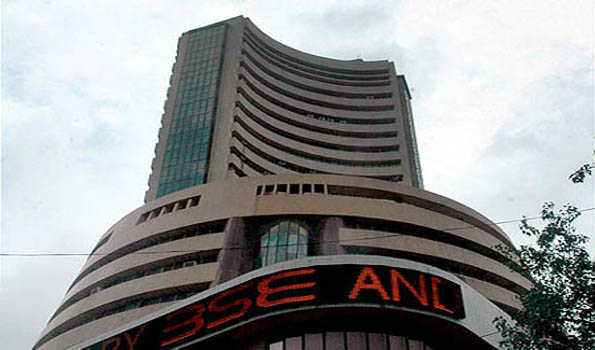
Mumbai, Oct 2: The Securities and Exchange Board of India (SEBI) has announced several new measures to curb speculative trading in the futures and option (F&O) segment as nine out of ten participants have consistently lost money over the past three years.
Under the F&O measures, market regular has increased the minimum contract size in the index derivatives to Rs 15 lakh from the current Rs 5 lakh.
SEBI has also reduced the weekly index expiry count to one per exchange. This means that exchanges can only offer one expiry in a week on one benchmark index.
“In order to specifically address this issue of excessive trading in index derivatives on expiry day, it has been decided to rationalise index derivatives products offered by exchanges which expire on a weekly basis. Henceforth, each exchange may provide derivatives contracts for only one of its benchmark index with weekly expiry,” SEBI said in a circular.
The market regulator has taken this step due to heavy losses incurred by retail investors in the F&O segment.
As per the recent study released by SEBI, in the last three years, a combined loss of Rs 1.81 lakh crore has been incurred by 1.10 crore traders. Out of these, only 7 per cent of traders have been successful in making a profit.
After the new SEBI circular, the size of derivatives contracts in benchmark indices like Nifty and Sensex will increase from Rs 5 lakh-Rs 10 lakh to Rs 15 lakh-Rs 20 lakh.
This measure would be effective for all new index derivatives contracts introduced after November 20, 2024.
The derivatives market in India has significantly increased in the last few years. In July, SEBI’s paper said that India’s derivatives market has surpassed the cash market. At present, India accounts for 30 to 50 per cent of the total global derivatives trading.
According to the data, cash market turnover in India has doubled from FY 20 to FY 24, while the turnover of index options has increased 12 times to Rs 138 lakh crore in FY 24, which was Rs 11 lakh crore in FY 20.
–IANS






